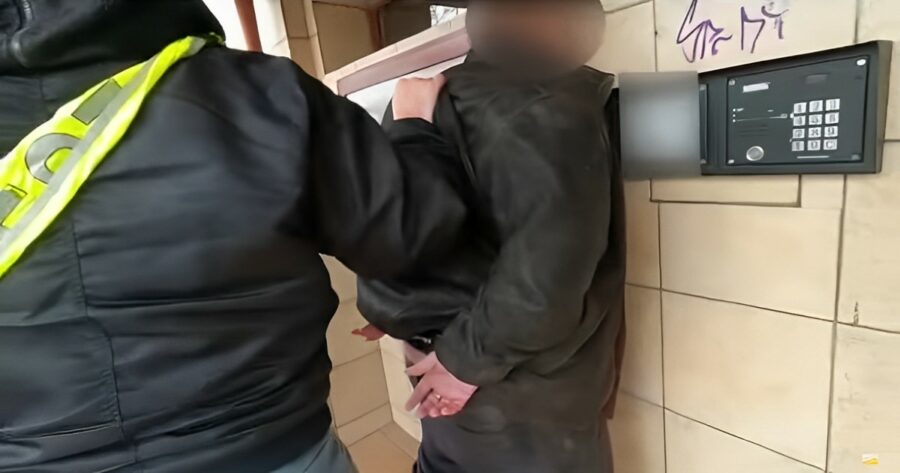A major operation has been carried out by the Czech, Finnish and Hungarian authorities in coordination with Europol and Eurojust, leading to the arrest of 13 human traffickers responsible for forcing over 400 women into sexual labour. The network recruited victims primarily from the Czech Republic and transported them to Finland and other Scandinavian countries for sexual exploitation.
During the course of the operation, more than 90 victims of sexual exploitation were identified, and an additional 15 on the day of the raid. The investigation is ongoing, with more than 400 victims of Czech, Hungarian, and Romanian nationality counted.
The criminal network, which earned at least EUR 3.3 million, was believed to have acted as coordinator and offered the victims’ services on websites. Perpetrators could book the victims in advance, while rotation systems, also known as ‘sex tours’ or ‘carousels,’ allowed the exploited victims to be offered in various locations. In some cases, the main perpetrators also used specific victims, known as ‘Alphas,’ to exercise control over the others.
The ‘call operators’ within the network controlled the victims by advertising them on ‘adult service websites’ and managing their online profiles. The operators would set up the victims’ meeting agendas and control the types of sexual services that would be provided. Female suspects are also found to be working within the exploitation chain.
The criminal network was well-organized and capable of acting remotely from different locations, mostly in the Czech Republic and Finland. It had a good understanding of the sex market in Finland and other Scandinavian countries and actively tried to balance the women offered by rotating them throughout different locations.
As people spent more time on the internet during the COVID-19 pandemic, the medium gained importance in the facilitation of the trafficking of human beings. Sexual exploitation activities did not stop during the mandated lockdowns during the height of the pandemic. The victims were advised and supported by the perpetrators to make use of ‘boyfriend invitations’ to circumvent the strict entry rules enforced by certain countries. Investigations also show an increased trend of female suspects working within the exploitation chain.
The role of Europol and Eurojust was critical in the success of the operation. Eurojust established a joint investigation team in August 2021. Europol supported the operation by deploying members of Analysis Project Phoenix with a mobile office to perform rapid, on-the-spot cross-checking and provide forensic support during the action days. Europol’s Analysis Project Phoenix deals with different forms of exploitation, with current priority areas linked to sexual and labour exploitation, forced criminality and begging, forced marriages, child trafficking, and human organ trafficking.
The 13 suspects arrested face charges of human trafficking, sexual exploitation, and money laundering. The operation also resulted in the seizure of EUR 200 000 in cash, four luxury vehicles, three apartments, 40 mobile phones, four laptops, four tablets, and eight bank accounts frozen. A shotgun and ammunition were also seized.
The victims faced despicable treatment by the operators who kept them under control. The victims were mostly advertised as Czech women, regardless of their true nationality. They often worked under extreme duress, were deprived of their earnings and were kept in constant check by the criminals. In the event they were allowed to return home, members of the criminal network would take large parts of their savings and extort more money using threats and violence.
This successful operation highlights the importance of international cooperation in fighting human trafficking and sexual exploitation. With the increasing use of the internet for such activities, it is crucial for law enforcement agencies to work together and use advanced techniques to identify and bring these criminals to justice.









